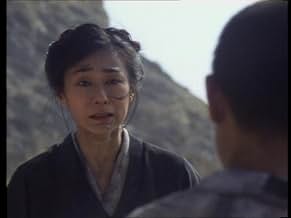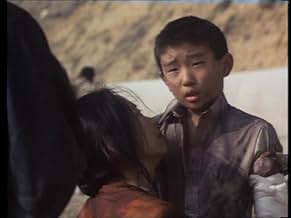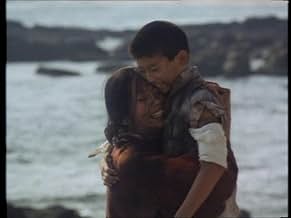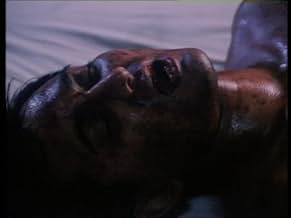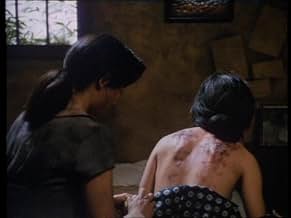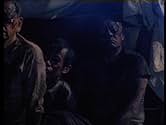Life in Hiroshima, following different Japanese, a German priest and church, and some American POWs, before and after the atomic bomb was dropped August 6, 1945.Life in Hiroshima, following different Japanese, a German priest and church, and some American POWs, before and after the atomic bomb was dropped August 6, 1945.Life in Hiroshima, following different Japanese, a German priest and church, and some American POWs, before and after the atomic bomb was dropped August 6, 1945.
- Nominated for 2 Primetime Emmys
- 6 nominations total
- Director
- Writer
- All cast & crew
- Production, box office & more at IMDbPro
6.1510
1
2
3
4
5
6
7
8
9
10
Featured reviews
A movie to make you think
This film gives a very good description of what it might have been to be in a city a see it being completely destroyed. It shows the anguish of searching for your loved ones and the despair of finding them dead. It's a good movie to show what war should not be like, that is, attacking innocent people instead of having an army versus army battle.
Interweaving of stories works. . .war is ugly despite the "good news" gloss
This film is commendable for those who are barely literate about some of the Japanese-American tensions and attractions that make the Hiroshima/Nagasaki bombing such a controversial matter more than 60 years later with no end in sight. For such young people the "English-friendly" aspects of this production will be appealing; the special effects and "gross-out" scenes are far enough from original documentary footage and the eyewitness narratives that most sensitive viewers should not have to turn away when victims and injured citizens are in view. The use of "name" actors helps to make some of the August 6 events seem accessible while avoiding the history-by-leaders/ Presidents/ aggressive warriors "trap." A U.S. serviceman's death (character played by Judd Nelson) is somewhat melodramatic but again illustrates some worthy points (the two cultures involved in a "struggle to the death" war while still sharing common values on high technology and fascination with "wins/losses"). I haven't heard if a project like this is slated for the 60th anniversary (2005) of the War-ending bombing but it wouldn't surprise me. My rating 10 *'s for those older than 12 who can sit and discuss this with adults (grandparents who lived at or around that era); and positive value for young and middle-aged adults.
Terrible Mess of a Film
An absolutely boring, badly acted and filmed mess of a movie. Max Von Sydow gives what must be the worst performance of his entire career. Totally without any redeeming features I found this film to be unwatchable. Apart from Von Sydow the remaining cast are a mixture of second rate American and Asian actors who seem to me competing to give the worst possible performance in this piece of rubbish. Avoid at all costs!.
About 5 million lives saved by the bombings
If you watch this film you would have no idea of the huge number of military casualties form the Hiroshima naval base where the bomb inflicted 44,000 military casualties (10,000 Japanese soldiers and sailors dead, 33,000 inured). As a military target, Hiroshima was a major army base that housed the headquarters of the Japanese 5th Division and the 2nd Army Headquarters. It was also an important port in southern Japan and a communications center. Hiroshima naval base was home port to a huge number of Japanese Navy vessels, and where the bombing of pearl harbor exercises and testing took place.
You would also not know from this film that new peer reviewed work in Korea and China show that if the surrender had been delayed another four months, an additional five million persons would have died in Japanese army occupied China, Korea, Philippines, south Asia and Oceania.
And how is it we see the "daily lives" of the Hiroshima civilians without seeing that nearly 50% were directly working in war economy production, including munitions production??
Havent seen this since I was a kid.
Obviously being years later its made an impact. Its an important lesson on what America has done during "wartime." I do feel that wartime in America is an excuse to do so many atrocities.... Much like Nazi Germany.... Only thing that separates us is we won.
Did you know
- TriviaThe film cast includes three Oscar nominees: Max von Sydow, Pat Morita and Mako.
Details
Contribute to this page
Suggest an edit or add missing content



